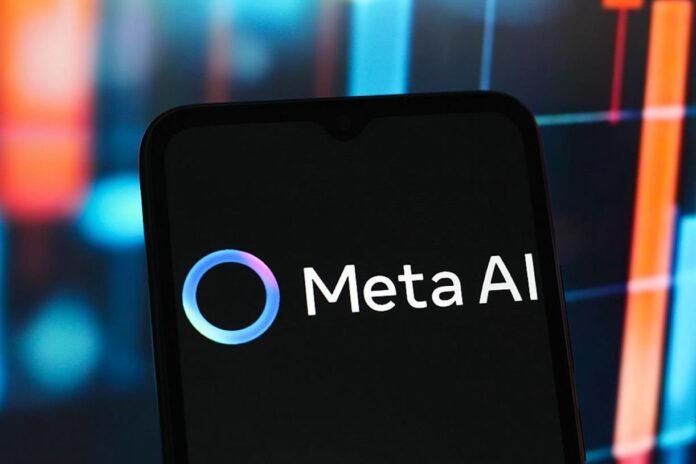Meta AI ad automation is becoming a central focus for Meta Platforms as it aims to reshape digital advertising. By the end of 2026, Meta plans to use artificial intelligence to fully automate the creation and targeting of ads. This shift is a core part of CEO Mark Zuckerberg’s vision for the company’s future, with advertising continuing to drive Meta’s business revenue.
The introduction of Meta AI ad automation could significantly benefit small- to medium-sized businesses. Many of these advertisers currently struggle with limited resources for ad development. Therefore, automated tools that simplify the process could help them compete more effectively in the digital marketplace. However, larger retail brands remain cautious. They worry that AI-generated ads might not always match the quality or style of human-crafted campaigns, sometimes producing distorted visuals that require adjustments.
Currently, Meta’s AI tools mostly support minor tweaks or variations of existing ads. However, the new system plans to take a major leap forward. It will allow brands to generate entire advertising concepts from scratch. Brands would simply submit a product image and budget goals. The AI would then create a complete ad, including images, videos, and text. Moreover, it would optimize ad targeting for Facebook and Instagram users and suggest the best way to allocate the budget.
In addition, Meta AI ad automation will use AI-powered personalization to improve user engagement. For example, it can display different versions of the same ad based on geolocation and other factors. This real-time adjustment could boost ad effectiveness across various audiences.
Competition in AI-driven content creation is intensifying. Google, for instance, has launched Veo for video generation. Many companies also rely on third-party AI tools like Midjourney and OpenAI’s DALL-E to create ads on platforms such as Meta. Meta is exploring how to integrate these third-party capabilities into its own system to stay ahead.
This push for automation follows Meta’s recent reorganization of its AI team. The company split the team into two groups: one focusing on AI product development, and the other on foundational AI technology. This move aims to improve efficiency as Meta faces growing competition for AI talent, losing some key researchers to startups like Mistral.
Overall, Meta AI ad automation promises to change how businesses create and deliver digital ads. The technology could lower costs, speed up processes, and enhance targeting, especially for smaller businesses. Yet, challenges remain, including ensuring high-quality AI output and addressing concerns from larger advertisers.
For more business updates, visit DC Brief.


